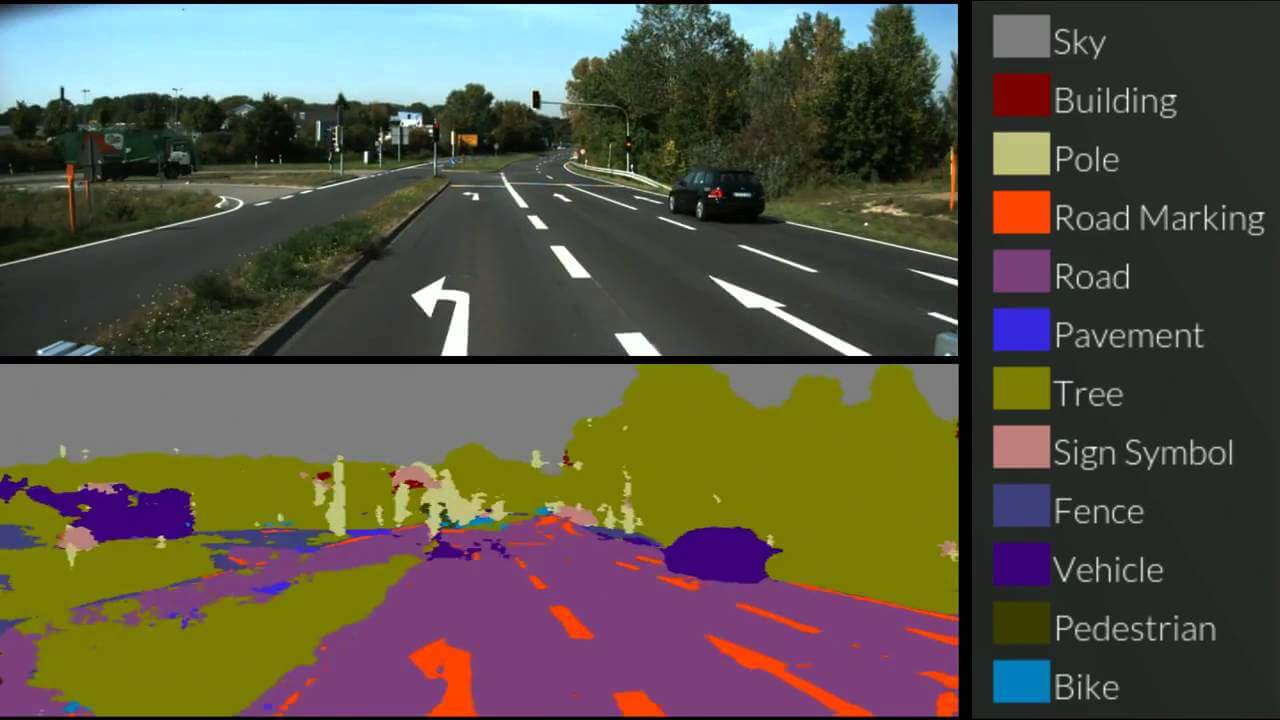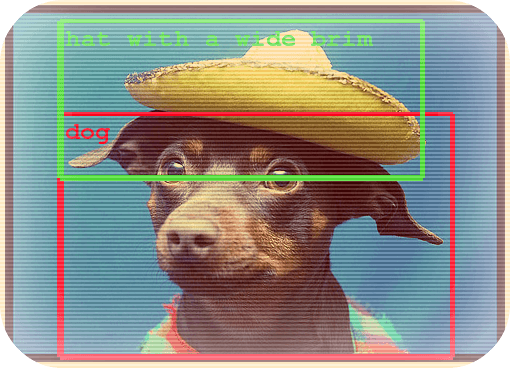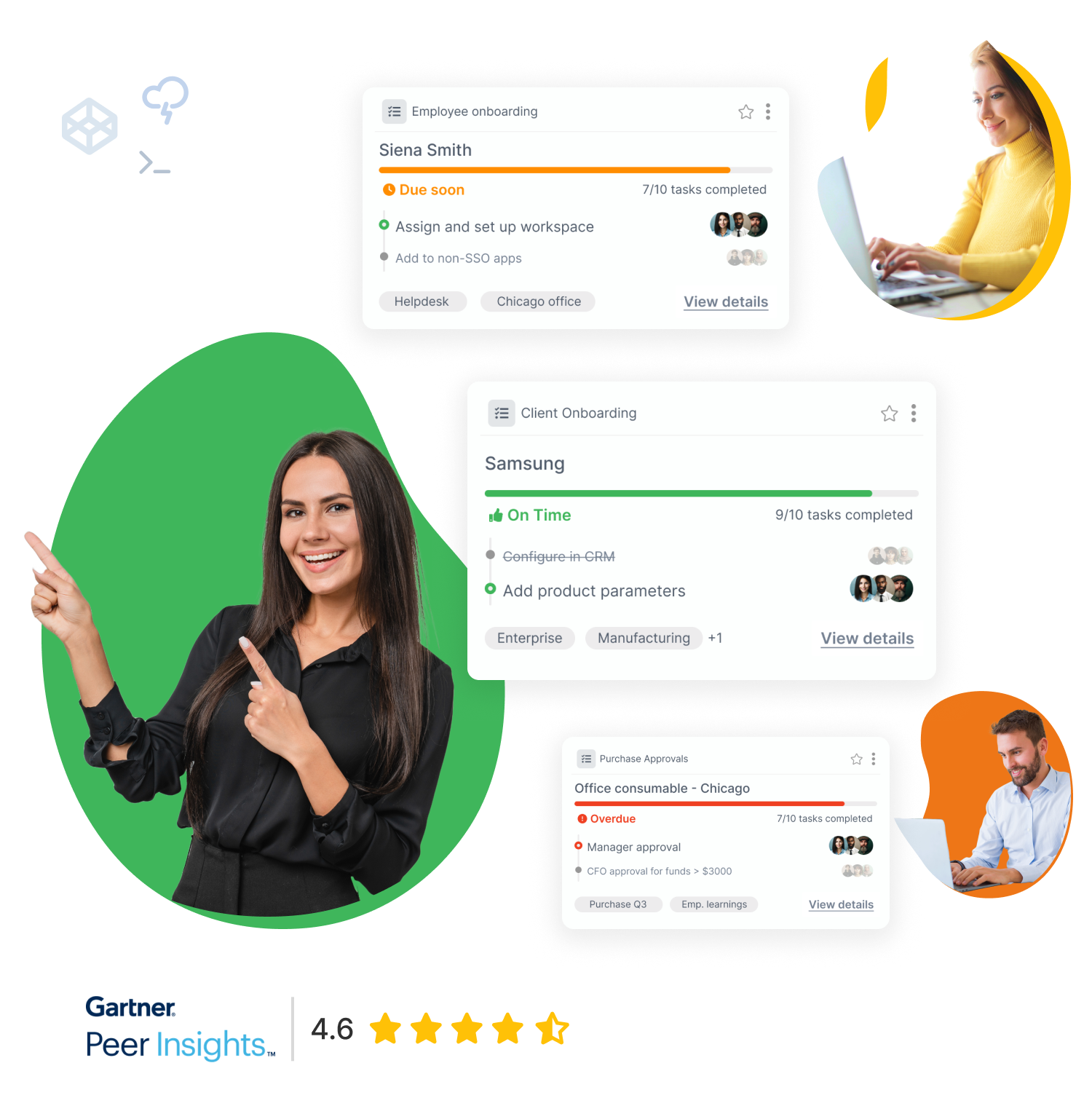In 2017, there are a lot of Deep Learning business applications, with new opportunities popping up day by day. A few years back, Deep Learning was a futuristic concept. Today, however, it can be found in day-to-day services everyone uses.
With deep learning, we’re seeing an explosion of platforms that are self-teaching and autonomous, paving the way for new kinds of business models and revolutionizing current industries.
What is Deep Learning?
You might think that Deep Learning sounds a lot like Artificial Intelligence, and that’s true to a point.
Artificial Intelligence is a machine developed with the capability for intelligent thinking. Then, Machine Learning is a means of achieving AI: letting the computer parse a large amount of data and learn from it.
Deep Learning, on the other hand, is an approach to Machine Learning which involves Artificial Neural Networks to work with the data.
Today, there are more Deep Learning business applications than ever. In some cases, it’s minor benefits for the company, such as teaching the system to identify images. In others, it can be the core offering of the product, such as self-driving cars.
How Does Deep Learning Work?
Deep Learning is based on processing data – a LOT of data. The data is fed through a neural network where every piece of information is scored based on binary data or simple true/false questions. The data is then classified according to how it’s scored or the answers received by the logic network.
Image processing is a perfect example of how Deep Learning is being used in the real world. Imagine a checkpoint set up to record not only the number of vehicles that pass a specific location but also their exact model.
The outline and shape of those vehicles are fed into the system there’s already a database trained at detecting the vehicle types. It compares the shapes it sees to its database and, with some measure of good accuracy, classifies the cars in a split second.
The deep learning comes into play as the computer continues to do its job. The more data it gets to work with, the better it gets at classifying vehicles, as it remembers the previous entries.
Deep Learning Business Applications
Over the past few years, Deep Learning has been becoming more and more common. It can be found powering some of the world’s most powerful tech today: everything from entertainment media to self-driving cars.
Content Recommendation
One of the most common deep learning applications is seen with content recommendations Netflix.
Deep learning is used to analyze the user’s tastes (People who liked X, Y, Z tend to like A, B, C) and make recommendations to others accordingly.
Self-Driving Cars
One of the most widely-discussed deep learning business applications right now is with self-driving cars – a concept every big player is getting on, from Volkswagen to Google. These systems use sensors and a neural network to process a vast amount of data. The car learns how to recognize obstacles and react appropriately, increasing its knowledge through use beyond its factory programming.
The following is how a self-driving car visualizes its environment.

Eventually, given enough data, the machines learn how to drive better than humans.
Image Detection and Object Classification
Another common use is image detection and object classification, as seen today with Facebook.
The company has more than enough data on images to work with, making Deep Learning for image detection very accessible.
Currently, Facebook can classify different objects in an image with a very high accuracy. In fact, you can check it yourself. Right click your own profile picture and pick “Inspect.” You’ll get a small description bubble with your tags (something like “person. nature. smile”).

Medicine
While there are a lot of potential deep learning business applications in medicine, a big chunk of it is currently in development.
Some of the potential uses could be:
- Improve diagnosis accuracy. 10-20% of all diagnoses turn out to be inaccurate, as humans, in general, are very prone to error. Deep learning, given enough data, would allow for much higher accuracy.
- Gene-tailored medicine. It’s no secret that medicine affects people differently. While something might be perfect for treating one individual, it might cause nasty side effects for someone else. With deep learning, it would be possible to find the right medicine for any specific genetic makeup. While this concept seems more science fiction than reality, there are already companies researching how to make it possible.
- Map the world. While this might seem more of a long-shot, it’s very much possible. Horus is a company under Nvidia which uses deep learning to help the blind comprehend the world around them. Their product is a headset with a camera, which allows for classifying different objects an individual comes across and conveying the information through the headphones.
Automated Translation
If you’ve used Google translate lately, you’ll realize that it’s been getting eerily accurate. What used to be a bunch of jumbled words you’d have to decode into English is now, well, working as it should.
The same tech now has a lot more uses – it’s even possible to translate a picture into a different language with your camera.
You might think that the only way this can get better is through real-time translation. Well, that’s one of the upcoming deep learning business applications.
Bragi Dash (a pair of headphone-computers) are said to be developed with capability for real-time translation, making language barrier a thing of the past forever.
While deep learning already has some uses today, it’s nowhere near its full potential. There are a lot more theoretical applications, some of which are being developed today. What are your thoughts on deep learning? Did we forget to mention any of its popular business applications? Let us know in the comments!
Want more AI? Check out our article on the Human in the Loop.

